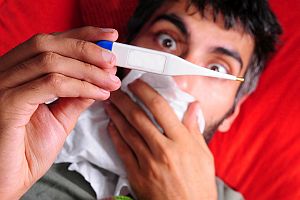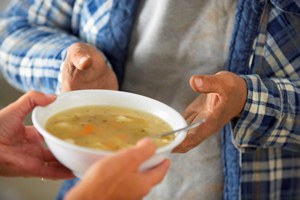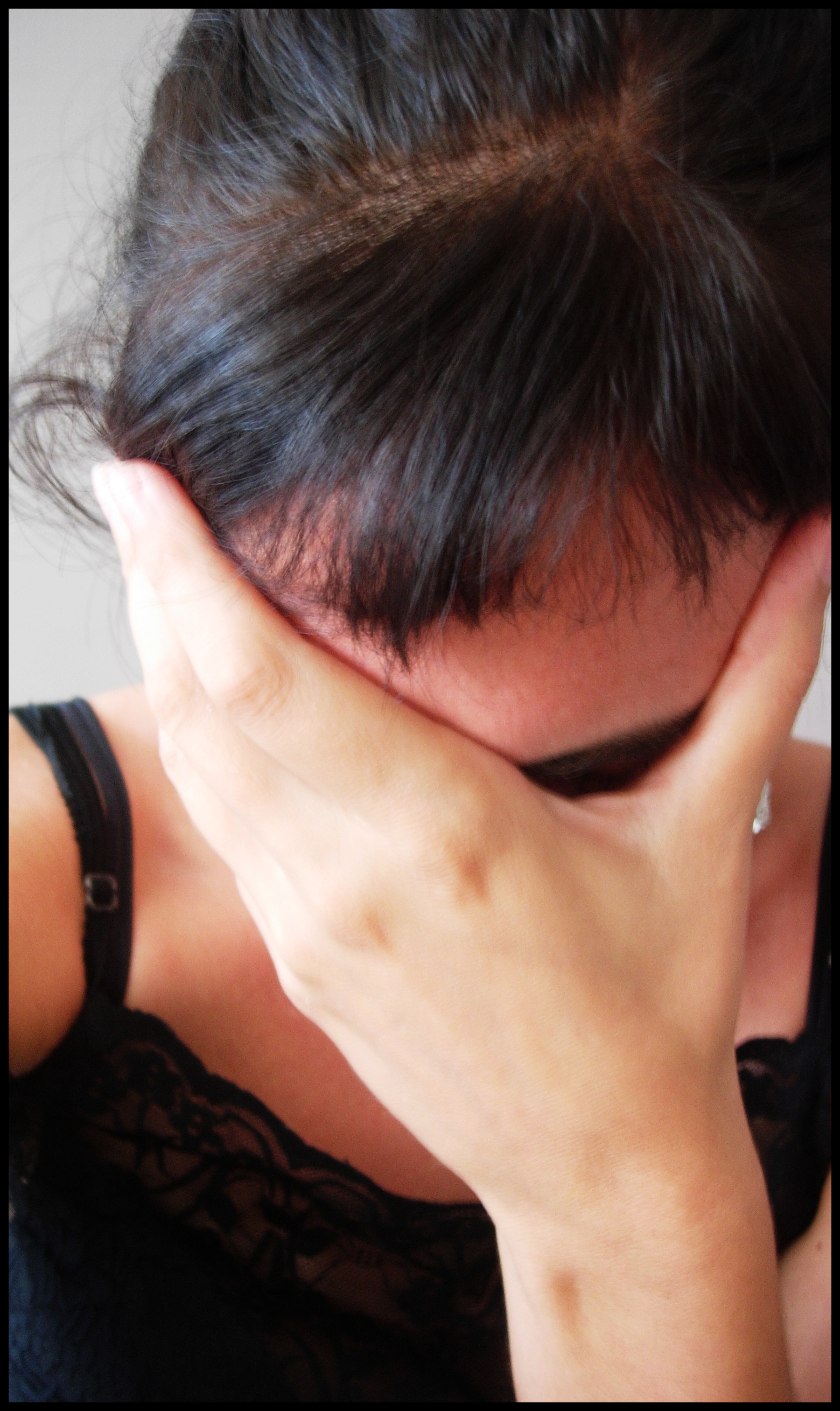For Many Kids, Back to School Means Back to the Doctor. Here’s How Parents Can Help
 With Halloween two weeks behind us and Thanksgiving less than two weeks away, most school-age children are back in the classroom and (hopefully) have adapted to the fall routine. For some kids, though, the fall routine includes lots of sick days and doctor visits.
With Halloween two weeks behind us and Thanksgiving less than two weeks away, most school-age children are back in the classroom and (hopefully) have adapted to the fall routine. For some kids, though, the fall routine includes lots of sick days and doctor visits.
According to the U.S. Centers for Disease Control and Prevention (CDC), there’s a good reason for this. “Schools inherently foster the transmission of infections from person to person because they are a group setting in which people are in close contact and share supplies and equipment.”
The CDC also provides some statistics that puts this issue in perspective: “Infectious diseases account for millions of school days lost each year for kindergarten through 12th-grade public school students in the United States:
- 40% of children aged 5–17 years missed 3 or more school days in the past year because of illness or injury.
- Nearly 22 million school days are lost each year due to colds alone.
- 38 million school days are lost each year due to the influenza virus.”
Naturally, schoolchildren aren’t the only ones who are affected when even common illnesses are passed from child-to-child in the classroom environment. Those same illnesses (or the microorganisms that cause them) ride home with kids on the bus or in the neighborhood carpool. And when they do, the whole family is at risk. Plus, parents are left to cope with the inconveniences and costs that come with sick days and doctor visits.
Communicable diseases that spike at the beginning of the school year are numerous and include the common cold (aka rhinovirus), the flu, strep throat, Fifth disease (a viral infection caused by the parvovirus), pinkeye, whooping cough (aka pertussis), mono, chicken pox, meningitis, lice, scabies, pinworm, ringworm, jock itch, and athlete’s foot.
Some areas of the country are also concerned with two other viral infections that thrive in crowded areas such as schools. According to Indiana news station WTHR.com, “The first is a viral infection called ‘hand, foot and mouth disease.’ ”
Noted pediatrician Dr. Michael McKenna from the Riley Hospital for Children at IU Health says in regard to hand, foot, and mouth disease, “The rash looks ugly, kids feel uncomfortable, and they can have fevers. The one concern is if they have so many ulcers in their mouth that they refuse to eat or drink, that they can become dehydrated. This year, it’s much more prominent and the rash is much more severe.”
The article continues: “Doctors are also seeing many more cases of shigellosis, a bacterial infection spread when people do not wash their hands after using the bathroom. It can cause diarrhea, nausea and vomiting.”
Children aren’t the only ones at risk for transmittable infections and diseases in and around the classroom—teachers and administrators are also susceptible to many viruses and bacterial infections, which range from simply annoying to very serious. In fact, many teachers quickly get sick upon the arrival of a new school year. For these people, it is important to practice prevention. Minimize contact with students, urge them to cough and sneeze into their elbow, and send them to the nurse if they look as if they may be coming down with something.
So else can parents do to try to keep their kids healthy and at school during the fall and winter months? Here are a few thoughts we’d like to share:
- Teach your children good hand-washing habits that follow them from home to school and be sure that they wash their hands when they return from school in the afternoon.
- Explain to your children the importance of keeping their hands away from their eyes, nose and mouth throughout the school day and discourage them from sharing cups, utensils, etc.
- Encourage your children to eat a healthy, balanced diet that will support their immune system.
- Make sure your children get plenty of fresh air and exercise. Spending time outside and away from crowded, enclosed areas can help reduce the likelihood of sickness.
- Set a reasonable bedtime for your children and stick to it. Not only are well-rested kids likely to perform better at school, they’re also more likely to stay healthy.
- If your children are sick, please keep them home until they are well. This is for the benefit of classmates and teachers, but it’s also for the benefit of your own kids. Children who have not yet completely recovered and return to school to early may be more likely to pick up additional illnesses in the classroom.





